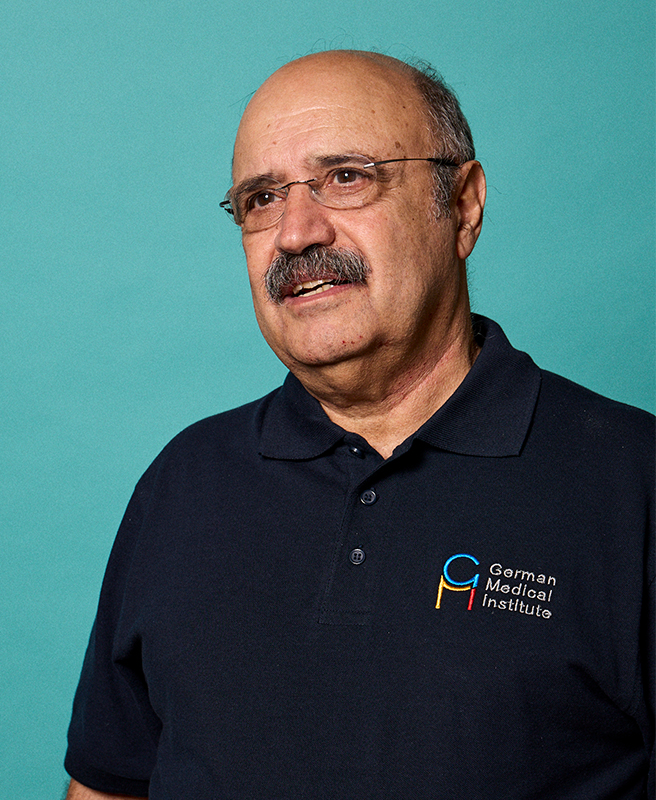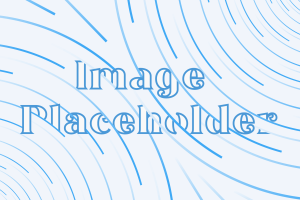Greetings from our CEO
As CEO of the German Medical Institute of Cyprus, it is my pleasure to welcome you on behalf of our dedicated physicians and healthcare professionals who work together to provide targeted and individualized treatments to our patients.
The German Oncology Center (GOC) opened its doors to patients from all over the island in 2018, offering high-level oncology services, using pioneering methods, delivering exceptional care that exceeds national standards in quality, safety and patient satisfaction as well as investing in research programs.
The improvement and expansion of our services have always been our top priority. Widening the range of services, within 5 years, the Center evolved into a Hospital! The GOC is now the German Medical Institute (GMI). Our Institute covers a whole organization, where every specialized physician teams up, and collaborates with psychosocial workers, physics, and technology scientists. All main centers of the Hospital coexist and function under the same roof: The German Medical Institute, the GMI.
Developments in medical research worldwide fascinate us. It is important to emphasize that we are not only monitoring the scientific findings and breakthroughs, but we also participate and at times lead scientific studies.
Furthermore, GMI is organized to participate as a University Clinic to the Education of the new generation of healthcare providers.
I feel proud and honored to be a part of an exceptional team who are devoted in providing the best care to our patients and their families.
A warmful thank to all those who place their trust in our care, with the commitment to serve our community and a deep sense of responsibility to every life we touch.
Prof. Dr. rer. nat. Dr. med. Dr. h.c.
Nikolaos Zamboglou
Chief Executive Director


Post/news 3
Lorem ipsum dolor sit amet, consectetur adipiscing elit. Ut elit tellus, luctus nec ullamcorper mattis, pulvinar dapibus leo. Lorem ipsum dolor sit amet, consectetur adipiscing

Post/news 2
Lorem ipsum dolor sit amet, consectetur adipiscing elit. Ut elit tellus, luctus nec ullamcorper mattis, pulvinar dapibus leo. Lorem ipsum dolor sit amet, consectetur adipiscing

Post/news 1
Lorem ipsum dolor sit amet, consectetur adipiscing elit. Ut elit tellus, luctus nec ullamcorper mattis, pulvinar dapibus leo. Lorem ipsum dolor sit amet, consectetur adipiscing



